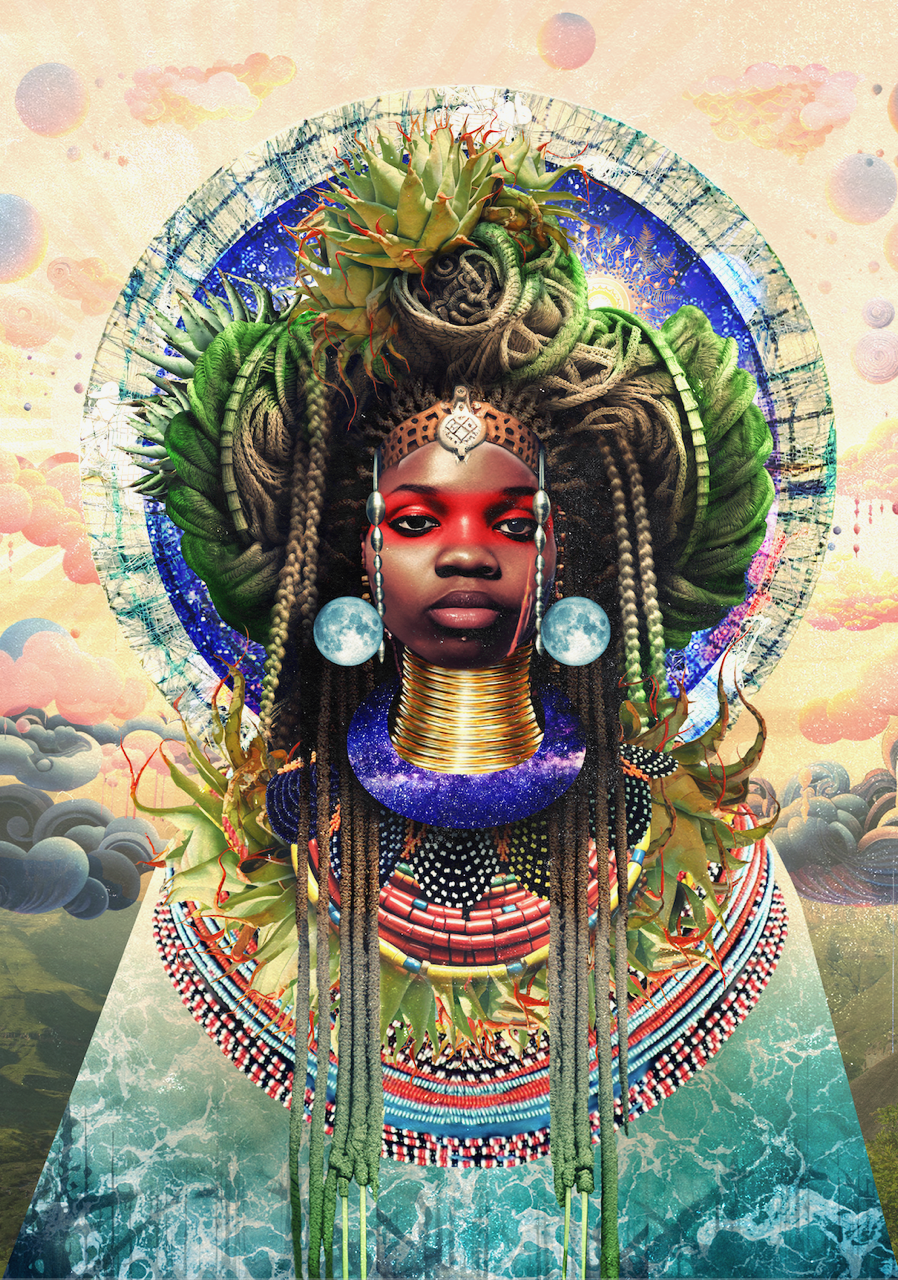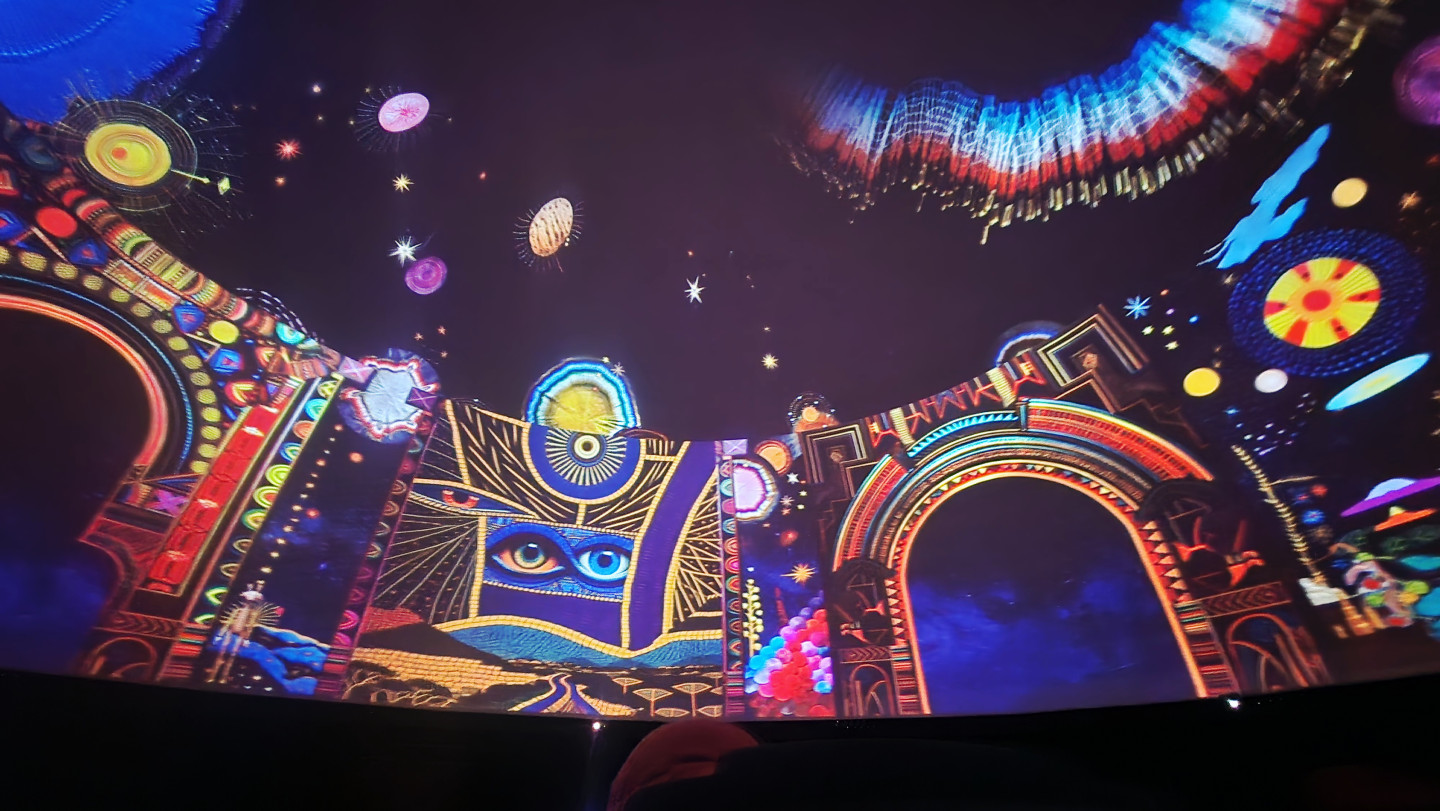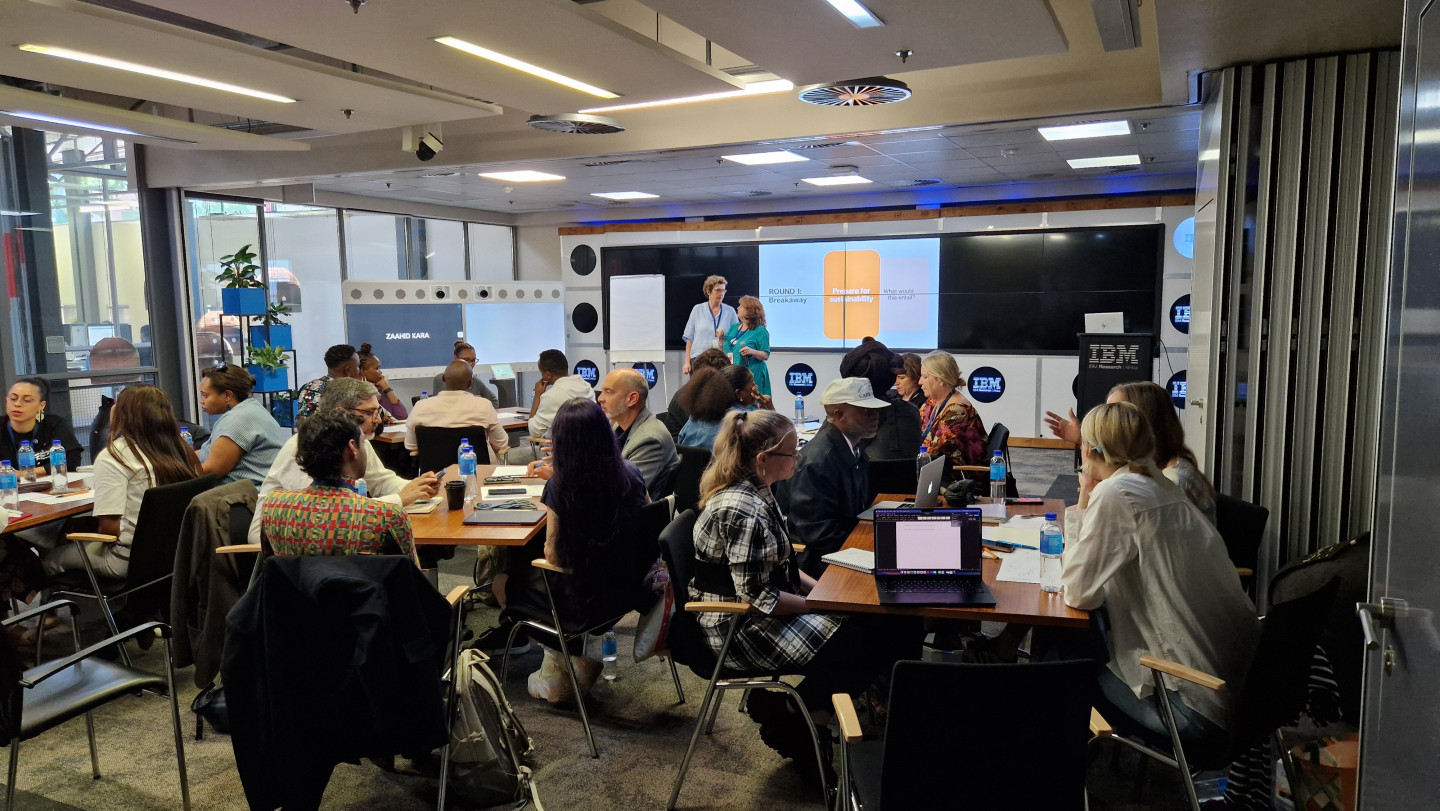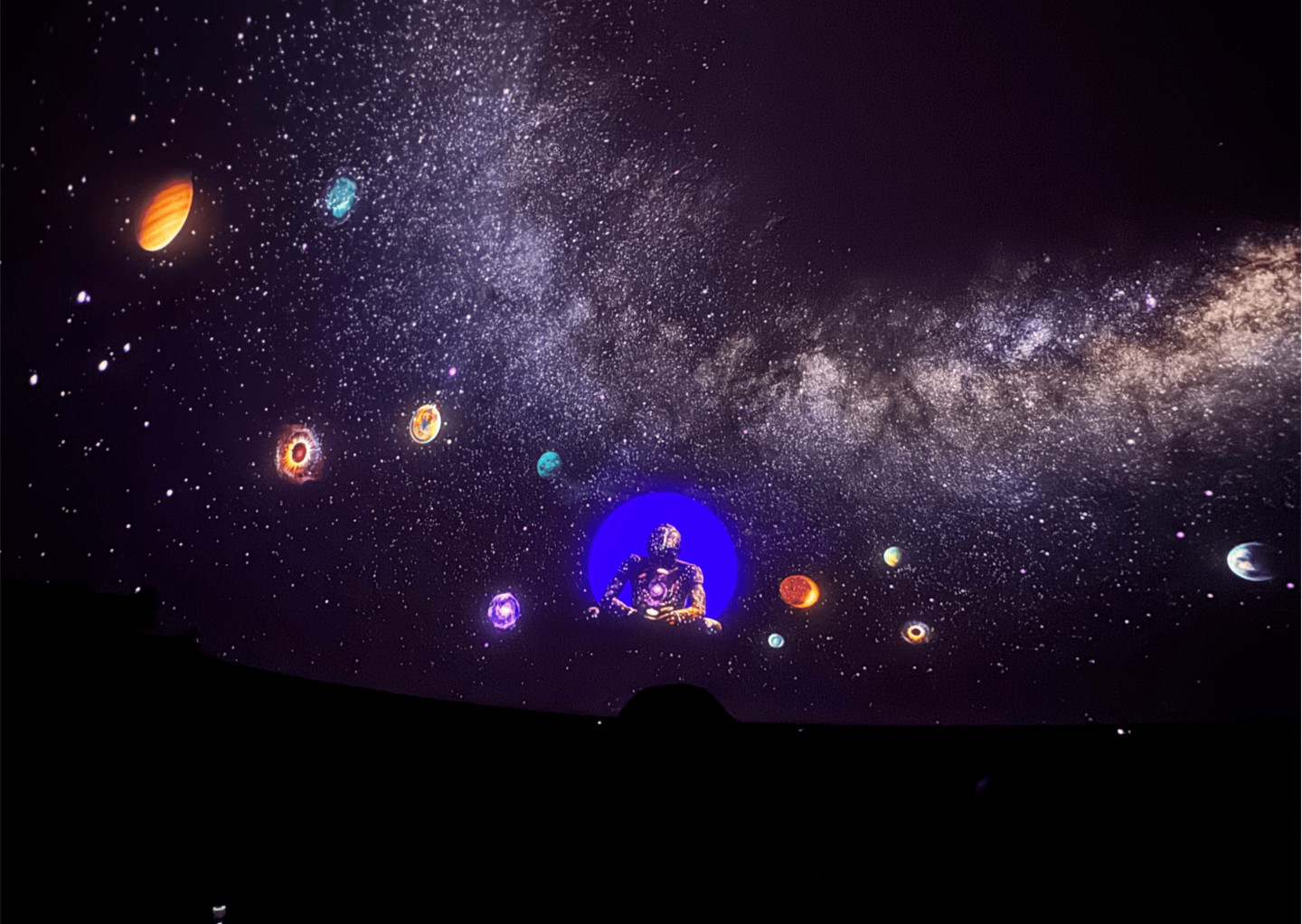Immersive Africa: Bridging Continents Through Digital Creativity is a flagship cultural initiative that aims to deepen Africa–Europe collaboration in immersive digital storytelling, innovation, and cultural exchange. Anchored at the state-of-the-art Wits Anglo American Digital Dome in Johannesburg and launched under the curatorial banner of the 2025 Fak’ugesi Festival, the project offers an unprecedented platform for showcasing African immersive content.
By creating immersive experiences rooted in African stories and realities, the project fosters deeper cultural understanding and dialogue, helping audiences engage with social justice themes such as heritage, racial history and inclusion, similar to transformative cultural immersion programs in South Africa. It supports local communities by involving them in storytelling and public programming, promoting social cohesion. The project builds a sustainable ecosystem for immersive media by connecting African creators with local and European partners, fostering co-productions, and developing innovative and agile business models. This stimulates job creation in creative industries, production, distribution, and technology sectors, contributing to local economic growth.
Featuring African narratives created and co-created by African artists ensures authentic representation and challenges dominant narratives. The project’s focus on equitable Africa–Europe collaboration empowers local voices politically and culturally, encouraging ownership and agency in media production. By premiering immersive works that celebrate African heritage and contemporary creativity, the project strengthens cultural identity and pride. It also promotes cross-cultural exchange, enriching both African and European audiences’ perspectives. Year-round programming includes school screenings and workshops that build digital literacy and creative skills among youth. The project’s mentorship and training components enhance local capacity in immersive technologies, aligning with educational goals to foster innovation and entrepreneurship.
Embedding immersive storytelling in African cultural life
At its core, the initiative will present two groundbreaking immersive works: “Kwasukasukela” (which translates to “in the beginning”), a poetic and mythological South African-French co-production, and “Kancícà,” a dome-native experience linking the spiritual and historical legacies of Benin and Brazil through Franco-African artistic collaboration. These pieces will be adapted and premiered in South Africa with the support of African and European technical partners ensuring artistic and technical excellence. The project presents a groundbreaking screening experience—designed for general audiences, schools, and VIPs - that marks a first of its kind on the continent, featuring distinguished delegations such as the G20. Complementary to these screenings are expert-led workshops, innovative creative labs, and a pan-African-European forum on co-creation and sustainability in immersive media. In doing so, the initiative not only amplifies the visibility of African talent but also forges enduring capacity-building efforts and cross-continental networks.
Immersive Africa was launched on 9 October at the opening of Fak’ugesi, a digital creativity festival taking place in Johannesburg where art, technology and innovation are combined uniting Africa's most innovative digital creators.
The festival also featured a workshop, where 30 representatives from the sector met to discuss sustainable business models for immersive digital art and for the project itself.
Rather than one-off collaborations, the project is structured to seed enduring partnerships. Dedicated workshops, expert panels, and case studies bring together producers, curators, and distributors from both continents to map sustainable business models and distribution pathways. By embedding immersive technology into local cultural life and connecting creators to European networks, the project fosters a resilient ecosystem for ongoing exchange and joint ventures.
Alignment with UN Sustainable Development Goals
- SDG 4, Quality Education: By offering immersive experiences to schools and youth, the project promotes digital literacy and creative education. It includes mentoring, workshops, and showcases that upskill young African creators in XR, AI, and immersive storytelling.
- SDG 5, Gender Equality: The project supports women and gender-diverse creators across its programming, such as visual artist Inka Kendzia and multiverse builder Natalie Paneng. Through representation and leadership in production and curation, it actively promotes gender parity in tech and creative industries.
- SDG 8, Decent Work and Economic Growth: The commissioning and adaptation of immersive content creates jobs for artists, producers, and technicians. By embedding immersive practices in local markets, it fosters new economic opportunities, particularly in the creative and tech sectors.
- SDG 9, Industry, Innovation and Infrastructure: The use of advanced dome technology, XR platforms, and innovative distribution models reflects a commitment to building cutting-edge creative infrastructure in Africa. The Wits Digital Dome becomes a hub for showcasing and incubating tech-driven cultural experiences.
- SDG 10, Reduced Inequalities: By centring African creators and co-producing with European partners, the initiative challenges global imbalances in cultural production. It ensures equitable access to global stages, training, and networks for African talents.
- SDG 11, Sustainable Cities and Communities: Rooted in Johannesburg’s urban fabric, the project enhances local identity and cohesion through accessible cultural programming, while contributing to Braamfontein’s urban regeneration and creative economy.
- SDG 13, Climate Action: Works like The Great African Sea Forest promote environmental awareness using immersive storytelling. The program embeds sustainability into its content and encourages climate-conscious cultural practices.
- SDG 17, Partnerships for the Goals: With strong collaboration between African institutions and European partners such as Ars Electronica, Dream Feel Factory, and IFAS, the project exemplifies multilateral cooperation and cultural diplomacy grounded in equity and shared growth.




